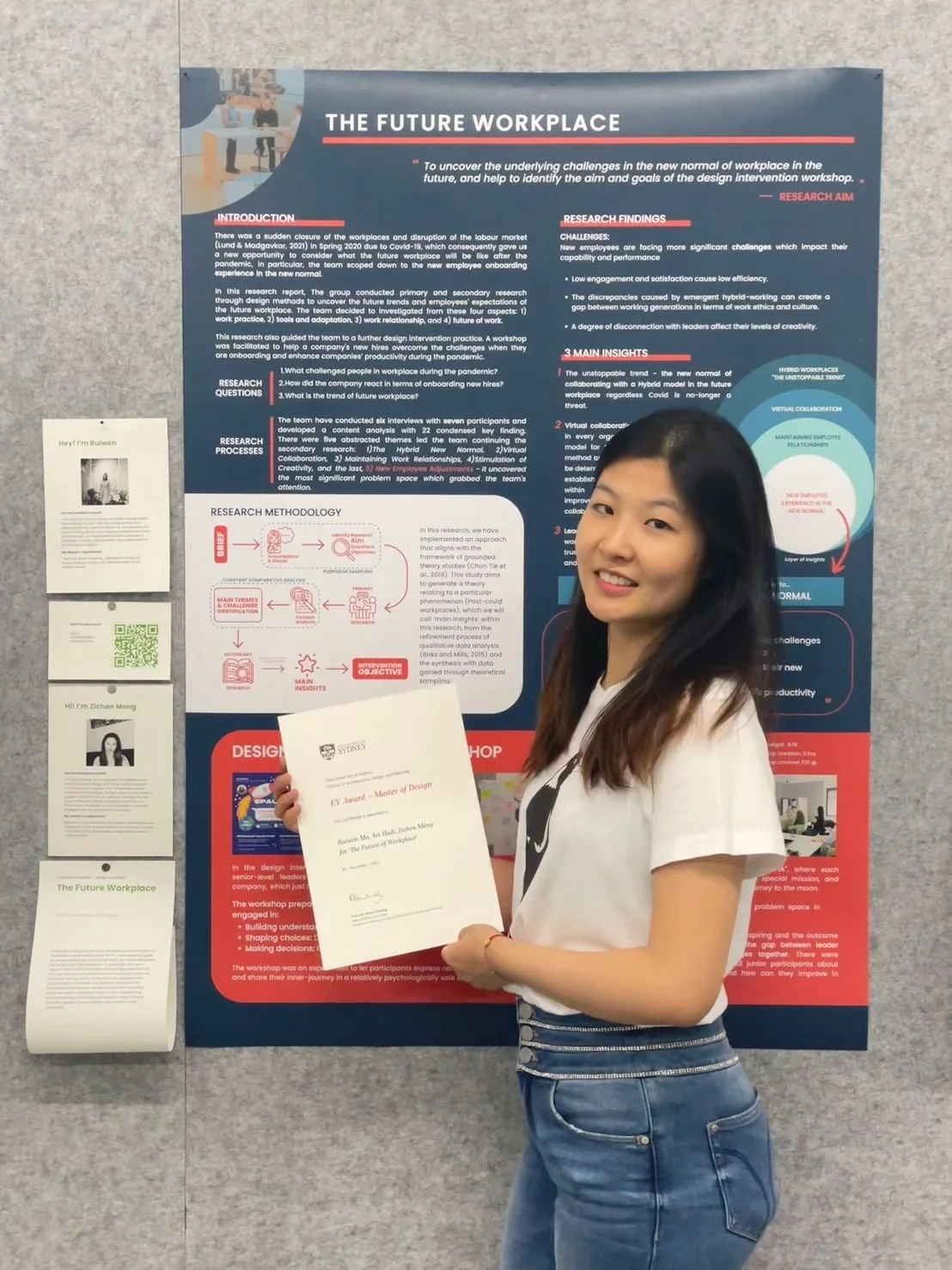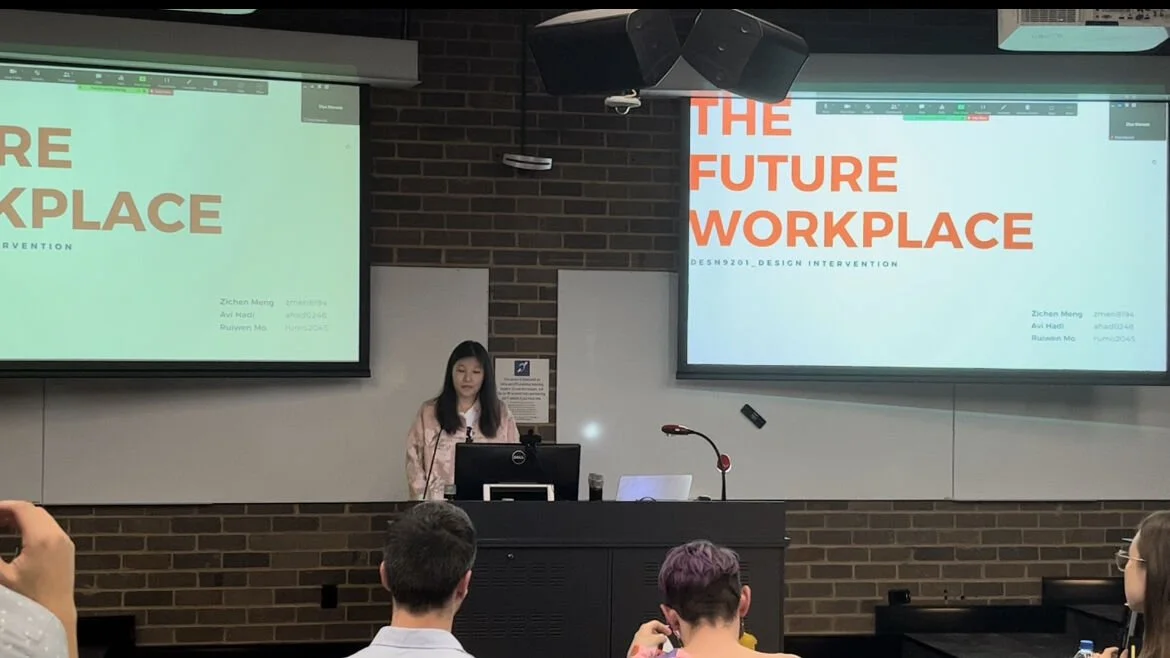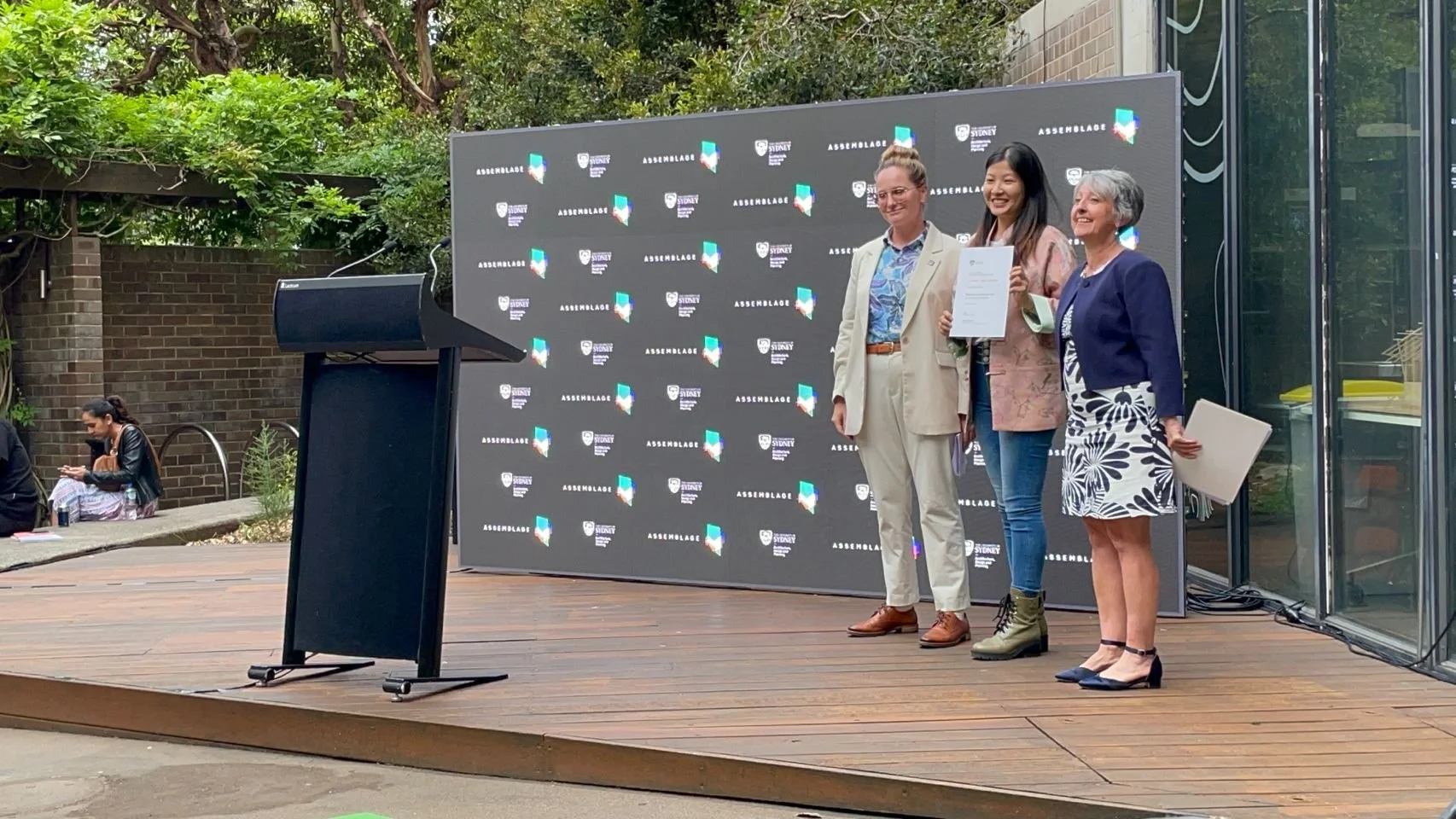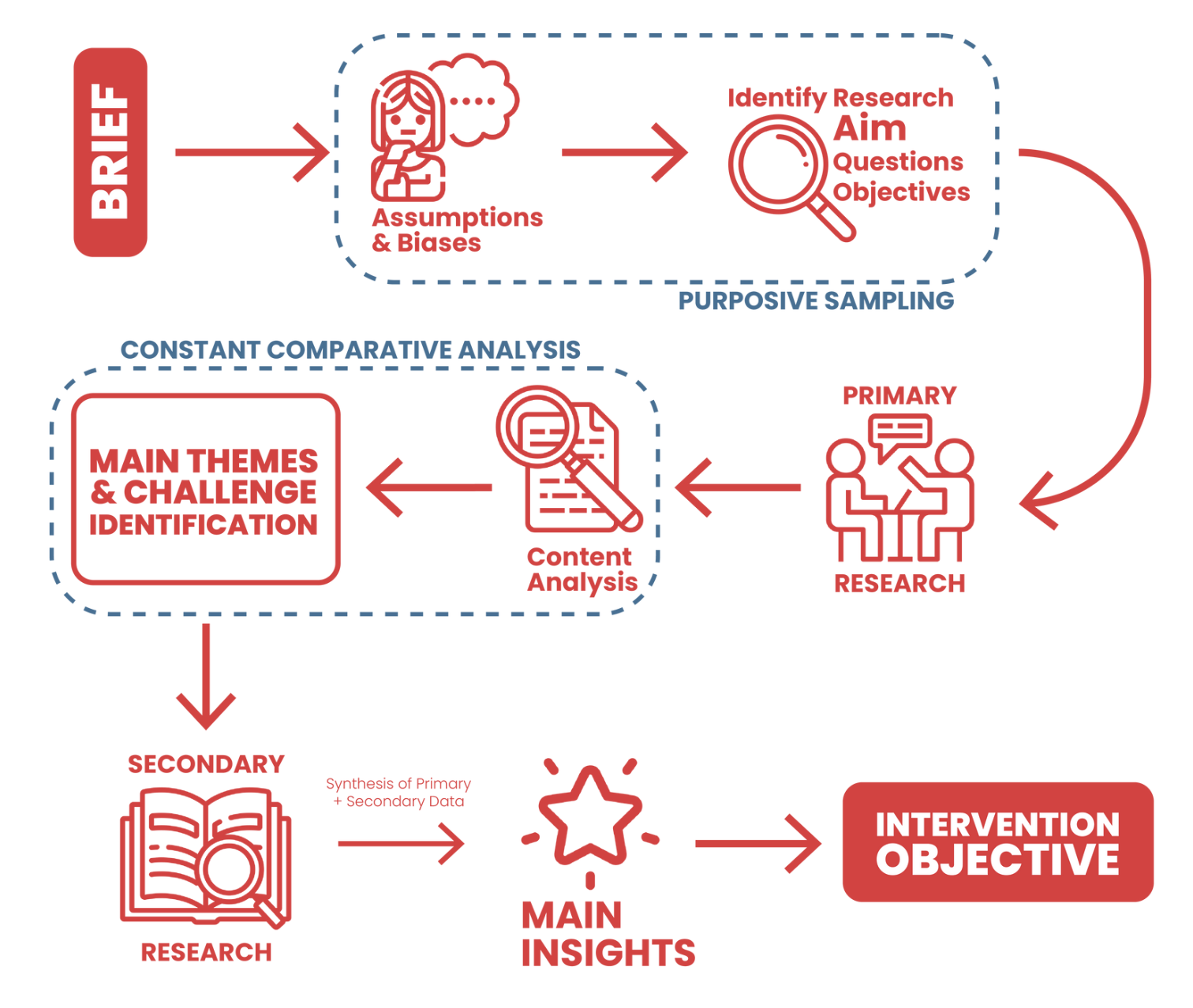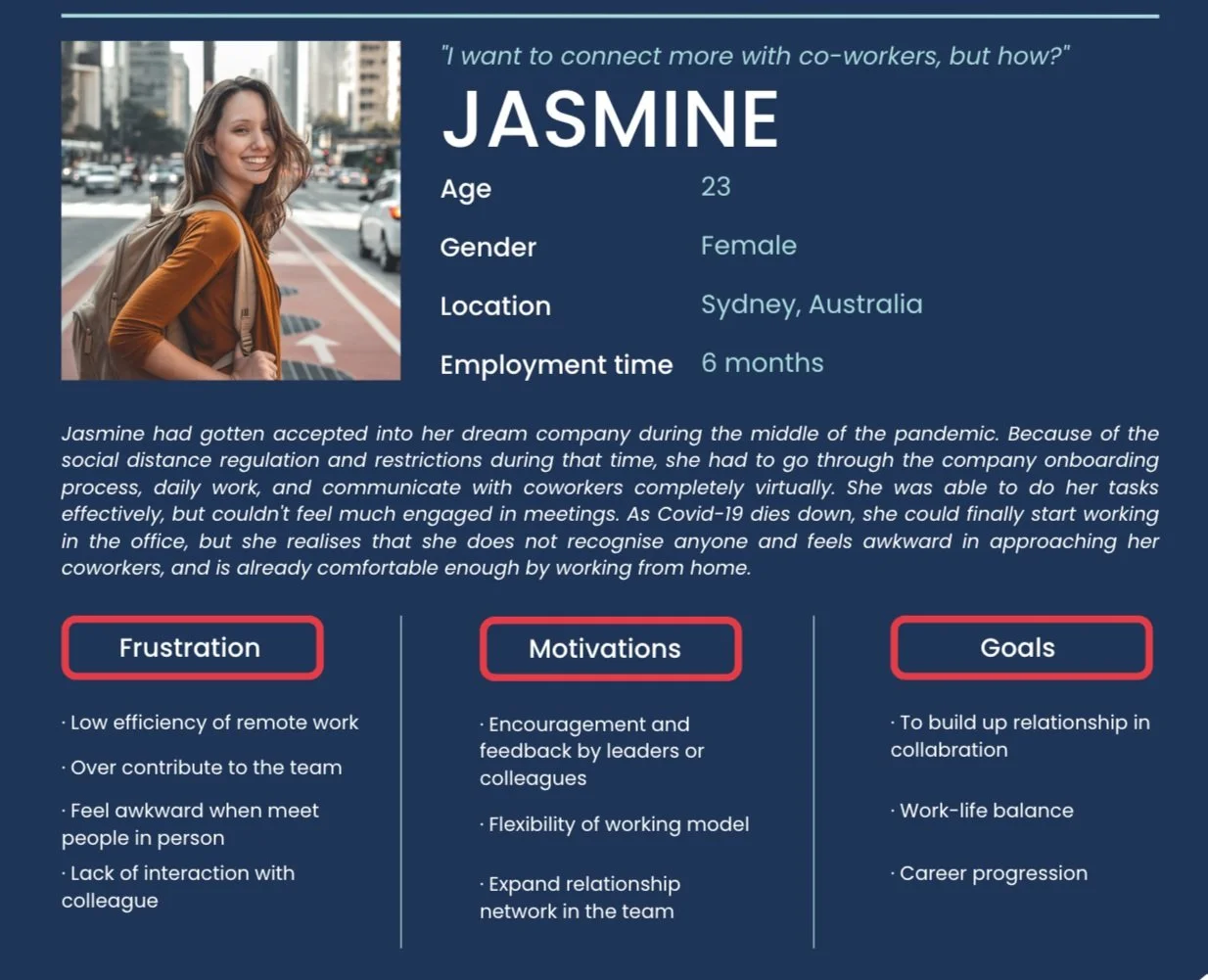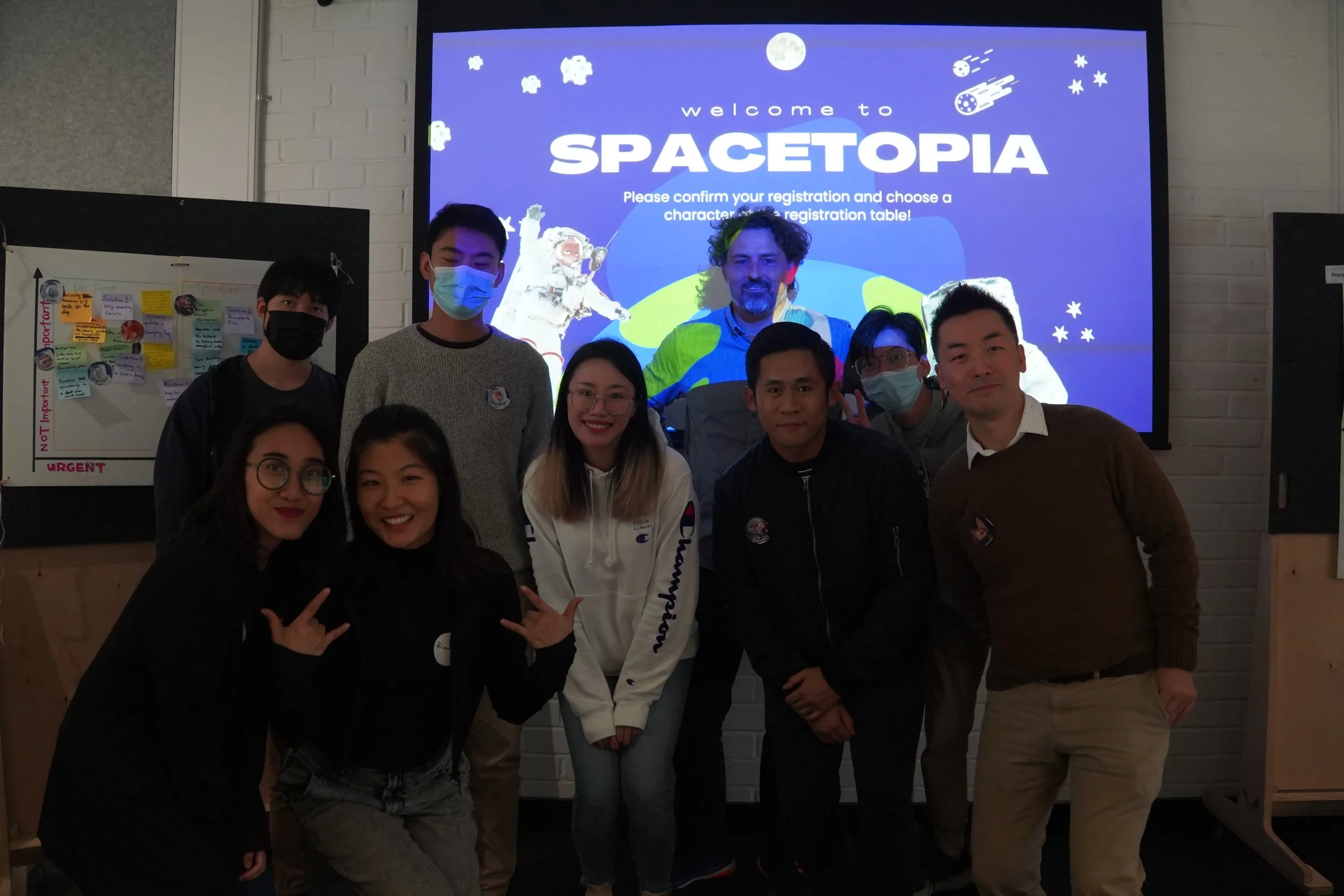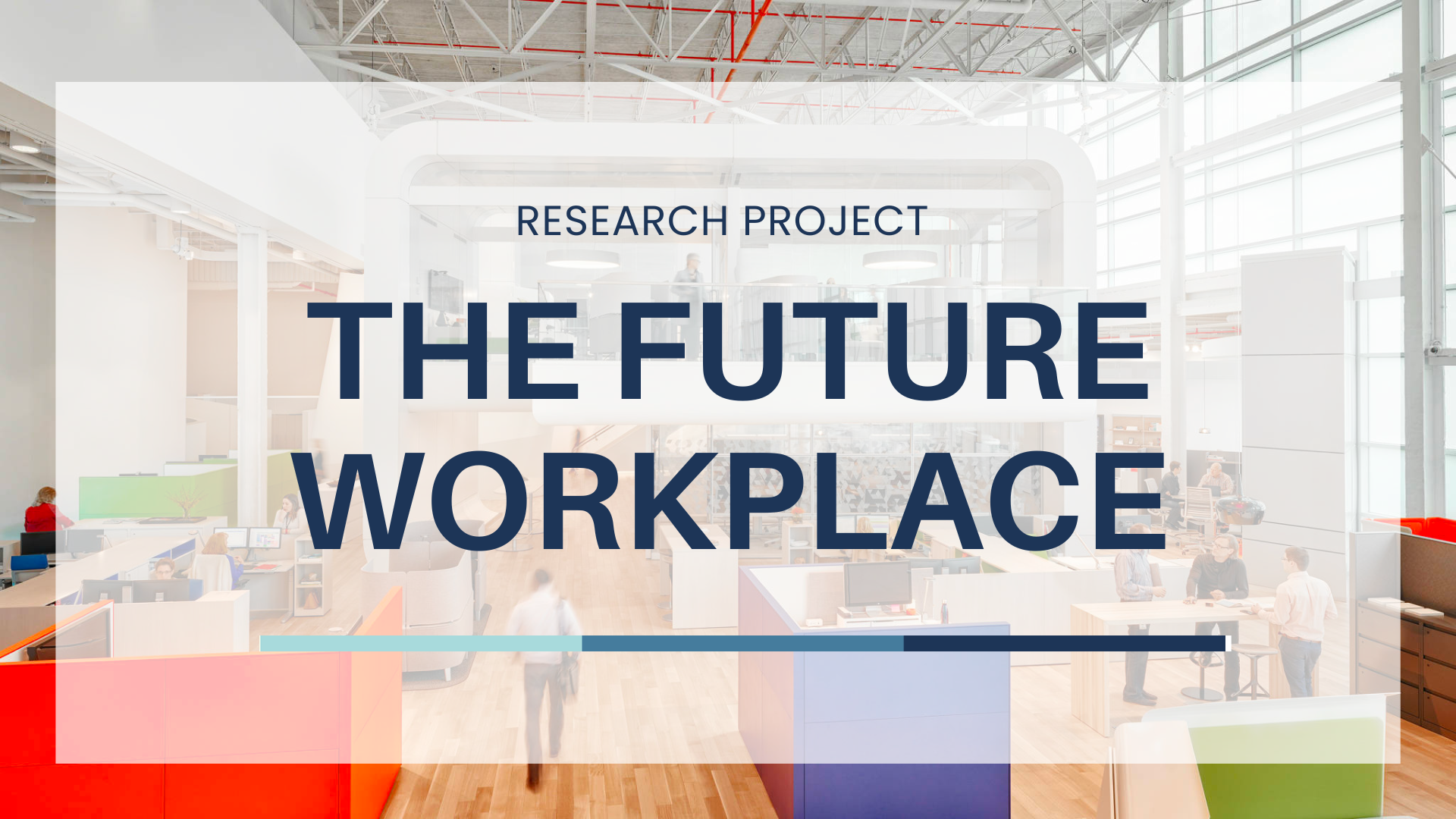
How we found new employees entered the hybrid workplace
with critical challenges in post-COVID?
The Research Project has won the EY Award - Master of Design, presented by Ruiwen at the Industry Award Open Jury held by The University of Sydney, School of Architecture, Design and Planning, in 2022 ADP Graduation Exhibition.
To uncover the underlying challenges in the new normal of workplace in the future, and help to identify the aim and goals of the design intervention workshop.
Research Aim
Research Questions:
· What challenged people in workplace during the pandemic?
· How did the company react in terms of onboarding new hires?
· What is the trend of future workplace?
Research Processes:
The team have conducted six interviews with seven participants and developed a content analysis with 22 condensed key finding. There were five abstracted themes led the team continuing the secondary research: 1)The Hybrid New Normal, 2)Virtual Collaboration, 3) Maintaining Work Relationships, 4)Stimulation of Creativity, and the last, 5) New Employee Adjustments - it uncovered the most significant problem space which grabbed the team's attention.
Research Methodology:
In this research, we have implemented an approach that aligns with the framework of grounded theory studies (Chun Tie et al., 2019). This study aims to generate a theory relating to a particular phenomenon (Post-covid workplaces), which we will call ‘main insights’ within this research, from the refinement process of qualitative data analysis (Birks and Mills, 2015) and the synthesis with data gained through theoretical sampling.
We Found:
Individual and organisations developed:
· Great resilience
· Resourceful virtual collaboration tools and methods
It is game-changing, we learnt, from the most adopted hybrid working,
removed the concept of location,
which we think HOW we work, rather than WHERE to work.
But,
How the younger generation reacted to it?
The research indicates it can be so different and challenging fresh workers, who had just entered the workplace. They faced an immediate game-changing environment full of new rules and uncertainties in a more hybrid setting in the aspects of:
· Communication · Collaboration
· Technological challenges · Relationship building
After all, no one tells them how to do it, no one can guarantee the new working arrangements would work. Whatever a firm just launched the staff mental health care application, or opened a new headspace department where stuff could go meditate and rest… But How effective were these? It was too early to draw a conclusion. Furthermore, what about the smaller companies which were unable to give the same support as the large organisations do?
Everyone is wading the river by groping for stones.
In the research we conducted, It showed that individuals were so easy to feel so isolated by the lack of support from leaders, and it is also difficult to tell our manger what was the real reason held us back from sharing.
And it lead the researchers to the problem space:
User Persona
To specify our target user for the intervention, we have generated a user persona with data synthesised from our primary research. This persona represents an overall experiences for young workers who onboarded to a new workplace during the pandemic, which provides further personified details in designing the intervention activities with our potential stakeholders. Also it allows co-creators involved in the Next Step to develop better strategies or systems to help new employee in the New Normal.
The Problem:
Festinated adjustments of new employees entering the workplace in the new normal impacted their capability and performance.
Why?
Here are two main things cause this:
· Discrepancy
There is a possible generation gaps caused discrepancy between people who started work before and after the pandemic, they perceive and react to things differently. The new hires can’t experience the company cultures like the retaining workers do, who were working in the office before COVID-19 hit.
· Disconnection
Not only with co-workers but with the leaders. The leadership was challenged as the way of managing need to be fast adapted during pandemic too.
In the research, we found leadership played a vital role of bonding and empowering people together, the spark of creativity lacks because of ineffective work relationship management - there were data indicated more insights and opportunities were gained from informal discussions outside of a Zoom meeting. Thus, while leaders developing the resilience in pandemic, the power of empowering different ideas, to support little but meaningful voices was weaken. In a profound result, it could cause a lack of creativity in the organisation.
Next Steps:
In order to further validates our research results, we have decided to facilitate a workshop with the objective:
“ HOW MIGHT WE help new blood overcome challenges in
onboarding so they can energise the team
in the New Normal? “
For more details about the workshop, please visit The Future of Workplace_Workshop Facilitation.
Research Background:
There was a sudden closure of the workplaces and disruption of the labour market in Spring 2020 due to Covid-19,
which consequently gave us a new opportunity to consider what the future workplace will be like after the pandemic, in particular, the team scoped down to the new employee onboarding experience in the new normal.
Detailed Methodology & Approach:
To view the whole report or any enquires please email Ruiwen : )
